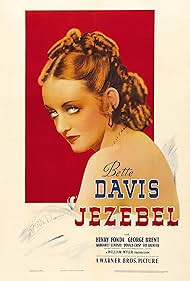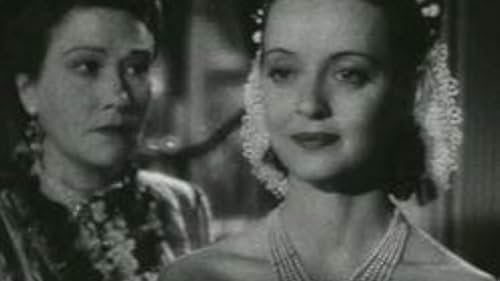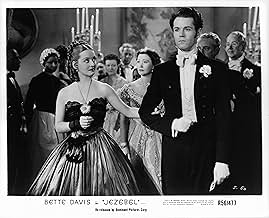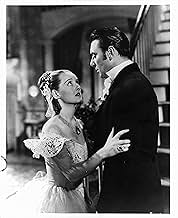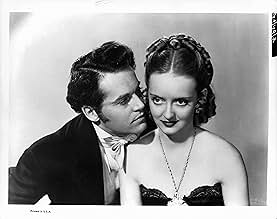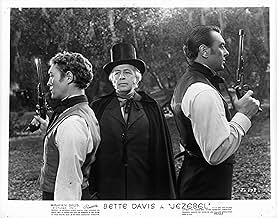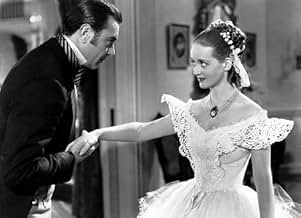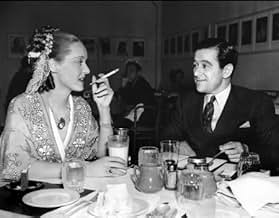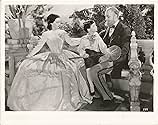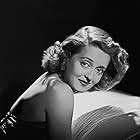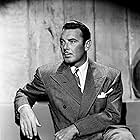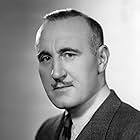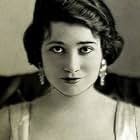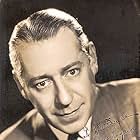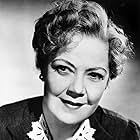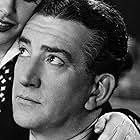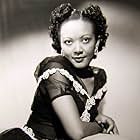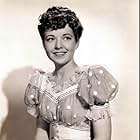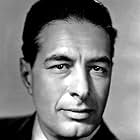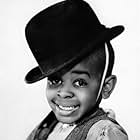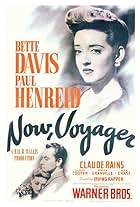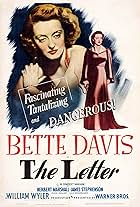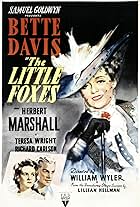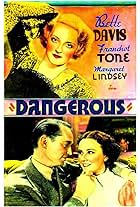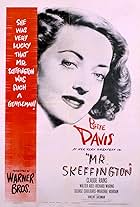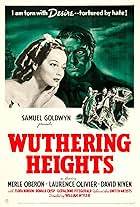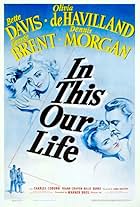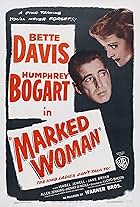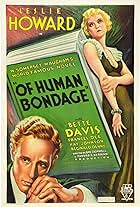In 1850s Louisiana, a free-spirited Southern belle loses her fiancé due to her stubborn vanity and pride, and vows to win him back.In 1850s Louisiana, a free-spirited Southern belle loses her fiancé due to her stubborn vanity and pride, and vows to win him back.In 1850s Louisiana, a free-spirited Southern belle loses her fiancé due to her stubborn vanity and pride, and vows to win him back.
- Won 2 Oscars
- 5 wins & 4 nominations total
Eddie 'Rochester' Anderson
- Gros Bat
- (as Eddie Anderson)
Matthew 'Stymie' Beard
- Ti Bat
- (as Stymie Beard)
Lew Payton
- Uncle Cato
- (as Lou Payton)
Storyline
Did you know
- TriviaFollowing a quarrel with William Wyler, Bette Davis embarked on an affair with Henry Fonda that greatly increased tensions on the set. After a phone call from Fonda's pregnant wife, she called things off.
- GoofsIn the scene in which Julie is sewing her dress she hums "Beautiful Dreamer". The story takes place 1852-53 and "Beautiful Dreamer" wasn't written until 1864.
- Quotes
Buck Cantrell: I like my convictions undiluted, same as I do my bourbon.
- Crazy creditsThe credits are blurred across the screen.
- Alternate versionsAlso available in a computer colorized version.
- ConnectionsEdited into The Time That Remains (2012)
Featured review
Very good film from director Wyler, although it is its star, Bette Davis, upon whom its high quality mostly rests. This is perhaps Davis' best performance that I've seen. She plays a spoiled Southern belle whose fiancé (Henry Fonda) leaves her after a socially embarrassing event. As he leaves her, she swears that he will return, as he has in the past. And he does, one year later, with his new Northern wife in tow. The film does wonders with its historical setting, New Orleans a short while before the Civil War. A year before Gone with the Wind cooed over the fancy lives and manners of the Ante Bellum South, Jezebel was exploring them in more detail, and with a more intelligent eye. Also lurking about is the threat of Yellow Fever, which devastated New Orleans in the 1830s and is starting to grow rampant again. Another thing I really liked about Jezebel was its ending. Perhaps when it was released in 1938 there would be a feeling that Davis' character has turned a corner and has become more selfless, but to me her motives seemed awfully suspicious. That ambiguity is fascinating. Along with the leads, Donald Crisp and George Brent give fine supporting performances, and Max Steiner's score is one of the best of its era. 9/10.
Details
Box office
- Budget
- $1,250,000 (estimated)
- Gross worldwide
- $1,433
- Runtime1 hour 44 minutes
- Color
- Sound mix
- Aspect ratio
- 1.37 : 1
Contribute to this page
Suggest an edit or add missing content

